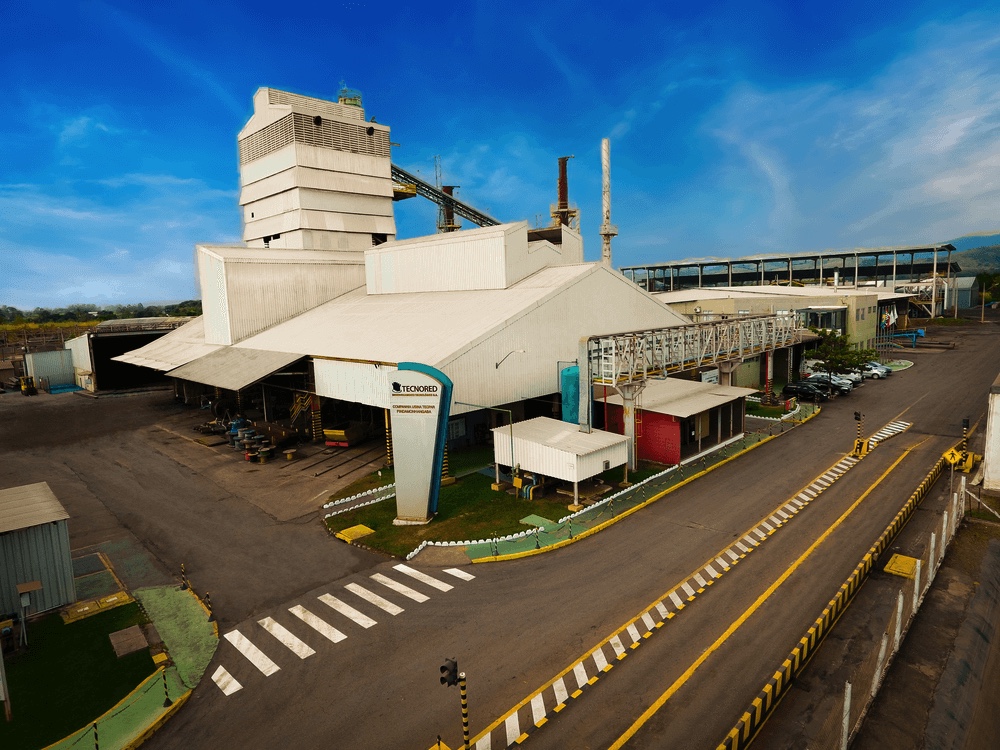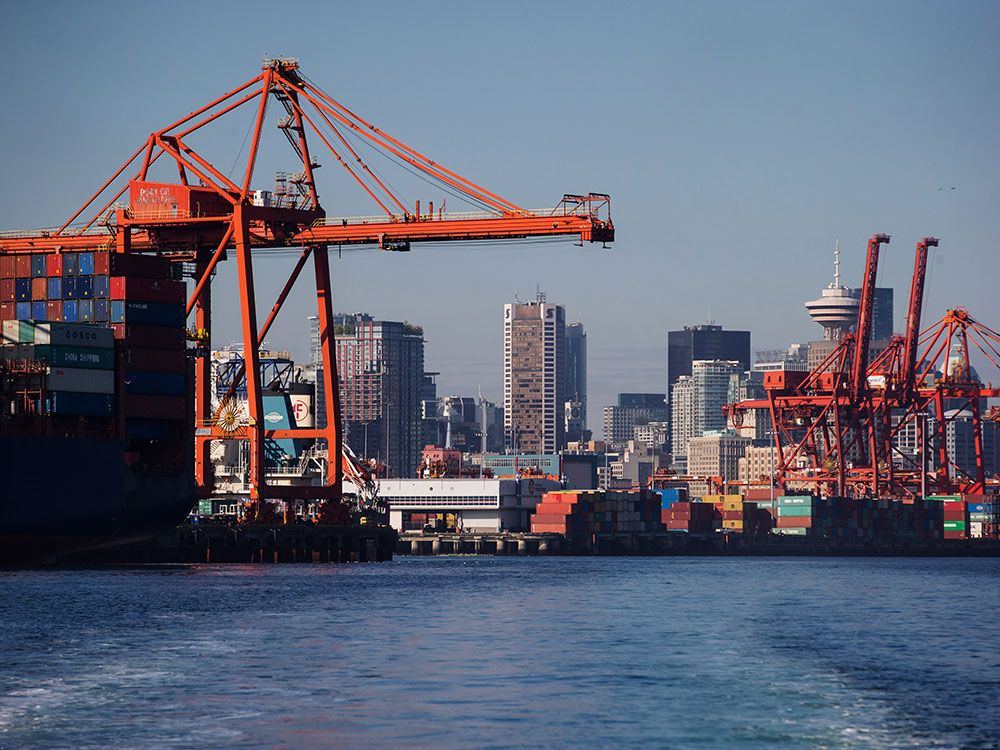
The Tecnored plant in Marabá will have an initial annual production capacity of 250,000 tonnes of pig iron, though the company believes output could eventually reach as much as 500,000 tonnes per year. Vale has committed about $345 million in capital for the plant, with start-up planned for 2025.
“The Tecnored project is of great importance for Vale and the region and will provide competitiveness, environmental sustainability, and development to the region,” said Vale’s CEO, Eduardo Bartolomeo, in a press release. He added that, “The implementation of Tecnored represents an important step in the transformation of mining, contributing towards an increasingly sustainable process chain.”
The patented Tecnored process enables the production of low carbon or “green” pig iron by replacing the use of metallurgical coal with biomass, which Vale says can reduce carbon emissions by up to 100%. As it involves fewer production stages, including the absence of sintering and coking stages, this makes the technology 10-15% less capital and operating cost-intensive than traditional blast furnace systems. Tecnored currently has a pilot plant in Pindamonhangaba, northeast of São Paolo, with a nominal capacity of 75,000 tonnes per year.
The company’s Carajás iron ore open pit mine is the largest in the world, and the company’s biggest operation. Its proximity to the new plant should make it the major source of iron ore to be processed.
For its steelmaking customers, the Tecnored plant is another part of Vale’s efforts to develop new technologies and offer technological solutions to help with decarbonization investments in the production processes. In line with the Paris Accords, Vale has committed to reduce Scope 1 and 2 emissions by 33% by 2030, net Scope 3 emissions by 15% by 2035 and achieve net zero by 2050.




